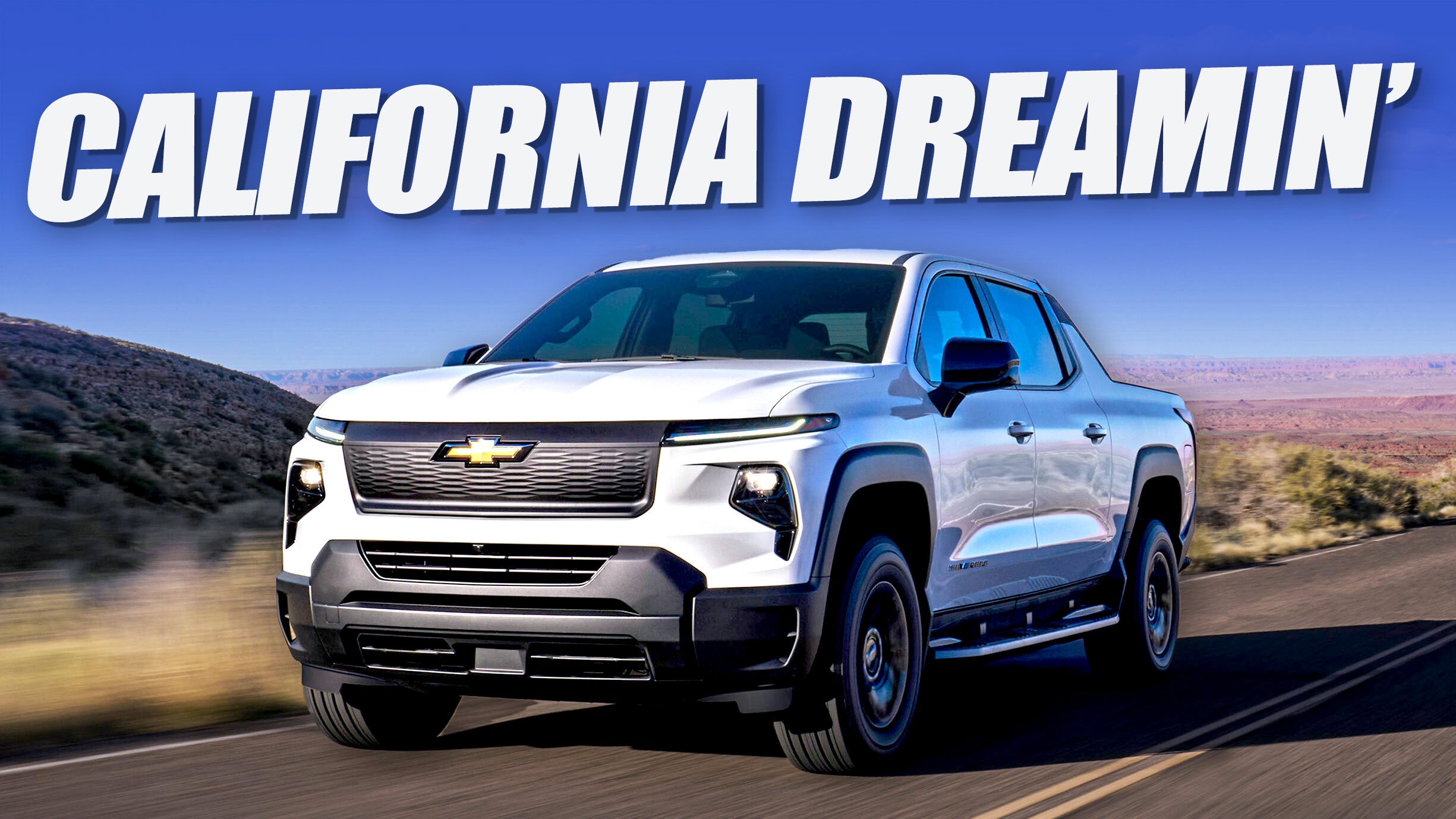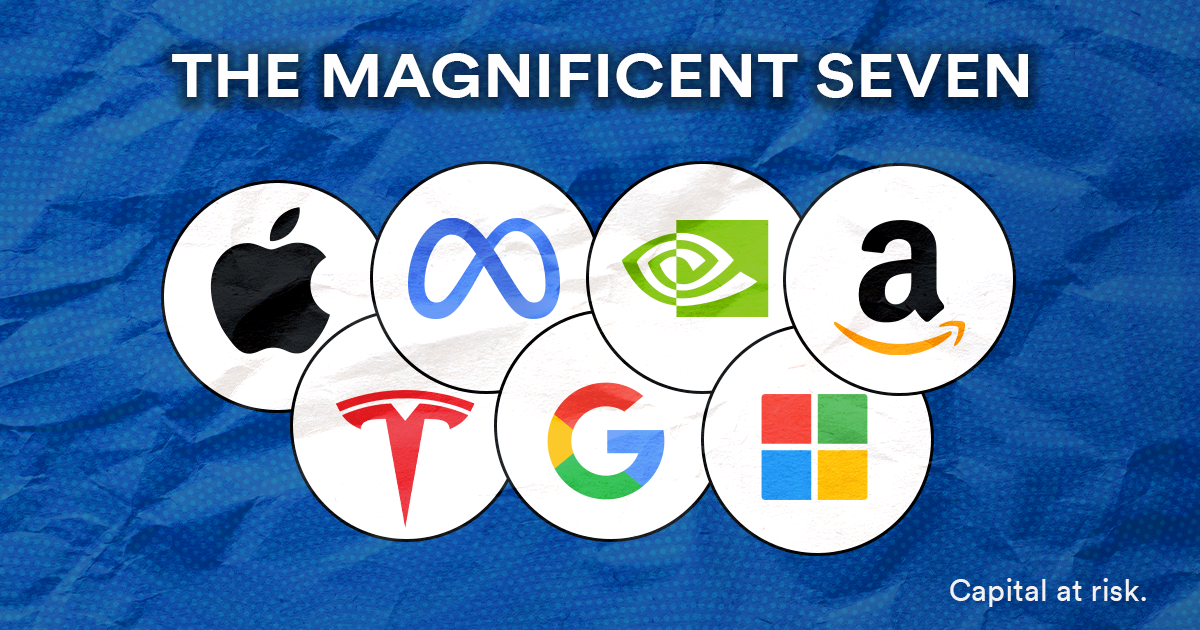Car Dealerships Step Up Opposition To Mandatory EV Sales

Table of Contents
Economic Concerns Fueling Dealer Opposition
The economic realities of transitioning to a predominantly electric vehicle market are a major source of concern for car dealerships. The push for mandatory EV sales presents significant financial challenges that many dealerships find difficult to overcome.
High Upfront Costs of EV Inventory
Dealerships face a substantial financial burden when stocking EVs. These vehicles often command higher purchase prices compared to their gasoline-powered counterparts. This impacts profitability in several ways:
- Higher initial investment: The capital outlay required to acquire a fleet of EVs is considerably higher than for traditional vehicles.
- Reduced profit margins on EVs compared to ICE vehicles: In many cases, the profit margin on an EV sale is currently lower than on an internal combustion engine (ICE) vehicle, due to factors such as higher manufacturing costs and competitive pricing.
- Challenges securing EV inventory: Demand for EVs frequently outstrips supply, making it difficult for dealerships to secure sufficient inventory to meet potential sales targets.
Lack of Consumer Demand in Certain Markets
The enthusiasm for electric vehicles varies significantly across different regions. In areas with limited charging infrastructure, lower consumer awareness, or a continued preference for gasoline vehicles, the demand for EVs remains low. This poses a major challenge to dealerships in these markets:
- Geographical limitations: Dealerships in rural areas or regions with poor charging infrastructure are particularly vulnerable.
- Consumer preference for gasoline vehicles: In some markets, consumer habits and preferences have yet to fully embrace electric vehicles.
- Charging infrastructure gaps: The lack of a widespread, reliable charging network continues to hinder EV adoption in many areas.
Uncertainty Surrounding Future Government Regulations
The ever-shifting landscape of government regulations surrounding electric vehicles creates significant uncertainty for dealerships. This instability makes long-term planning and investment decisions extremely difficult:
- Changing incentives: Frequent changes in government subsidies and tax credits make it challenging to predict the profitability of EV investments.
- Potential for future policy reversals: The risk of future policy changes that could negate previous investments is a major deterrent.
- Difficulty in long-term planning: The unpredictability makes it hard for dealerships to develop sustainable business strategies for the EV market.
Practical Challenges Facing Dealerships in the EV Transition
Beyond the economic aspects, dealerships face numerous practical challenges in adapting to the EV market. These challenges require significant investment and expertise.
Training and Expertise Needed for EV Sales and Service
Selling and servicing electric vehicles requires a new skill set. Dealerships must invest heavily in training their staff to handle the unique aspects of EV technology:
- Specialized mechanic training: EV repair and maintenance differ significantly from ICE vehicles, necessitating specialized training for mechanics.
- New sales techniques: Selling EVs requires a different approach compared to selling gasoline vehicles, focusing on aspects like charging infrastructure and range anxiety.
- Understanding EV technology: Sales staff need a comprehensive understanding of EV technology to effectively answer customer questions.
Investment in Charging Infrastructure
Installing and maintaining EV charging stations at dealerships requires significant capital expenditure and logistical planning:
- High installation costs: The cost of installing charging stations, including the necessary electrical upgrades, is substantial.
- Space requirements: Installing enough charging stations to meet demand requires significant space at dealerships.
- Electricity grid capacity limitations: Upgrading local electricity grids to handle increased demand from charging stations can be a major hurdle.
Concerns Regarding the Used EV Market
The used EV market presents its own set of challenges. Dealerships face uncertainty regarding the resale value and longevity of used electric vehicles:
- Battery degradation: EV batteries degrade over time, affecting range and resale value.
- Limited range: Older EVs may have shorter ranges than newer models, impacting their appeal to potential buyers.
- Resale value uncertainty: The long-term resale value of used EVs is still relatively unpredictable.
Arguments for a More Gradual Approach to EV Adoption
Rather than imposing mandatory EV sales quotas, a more gradual and balanced approach is crucial for successful EV adoption. This approach should focus on empowering consumers and strengthening the infrastructure necessary to support a widespread shift to electric vehicles.
The Need for Improved Consumer Education
Increased consumer awareness is key to boosting EV adoption organically. Addressing misconceptions and highlighting the benefits of EV ownership are vital:
- Addressing consumer misconceptions: Many consumers have misconceptions about EVs, such as range anxiety and charging time.
- Highlighting benefits of EV ownership: Promoting the environmental and economic benefits of EV ownership is crucial.
- Promoting sustainable practices: Encouraging sustainable driving habits and responsible charging practices is important.
The Importance of Robust Charging Infrastructure Development
A nationwide network of reliable and convenient charging stations is essential for widespread EV adoption. This requires significant investment and collaboration:
- Government investment in charging infrastructure: Government funding is essential to accelerate the development of a robust charging network.
- Private sector partnerships: Collaboration between the government and private sector is crucial for efficient deployment.
- Addressing range anxiety: Expanding the charging network helps to alleviate range anxiety, a major barrier to EV adoption.
The Role of Technology Advancements in Driving Down EV Costs
Technological advancements are crucial to making EVs more affordable and accessible. Improvements in battery technology and manufacturing processes are key:
- Battery technology advancements: Improvements in battery technology are continually driving down costs and extending range.
- Improved manufacturing processes: More efficient manufacturing processes are reducing the overall cost of EVs.
- Economies of scale: As EV production increases, economies of scale will further reduce costs.
Conclusion: Navigating the Future of EV Sales – A Collaborative Approach
Car dealerships' opposition to mandatory EV sales stems from legitimate economic and practical concerns. The high upfront costs, lack of consumer demand in certain markets, and uncertainty surrounding government regulations all contribute to this resistance. A balanced approach that considers both environmental goals and the economic realities faced by dealerships is essential. A collaborative effort between governments, manufacturers, and dealerships is needed to create a fair and realistic EV adoption strategy that avoids overly restrictive mandatory EV sales policies. We urge readers to contact their representatives to voice their opinions on mandatory EV sales regulations and advocate for sustainable and economically viable solutions. The future of EV adoption hinges on finding a path that supports both environmental sustainability and economic stability within the automotive industry.

Featured Posts
-
 Nyt Spelling Bee Answers For March 13 2025
Apr 29, 2025
Nyt Spelling Bee Answers For March 13 2025
Apr 29, 2025 -
 Premier Leagues Path To A Fifth Champions League Spot Analysis And Predictions
Apr 29, 2025
Premier Leagues Path To A Fifth Champions League Spot Analysis And Predictions
Apr 29, 2025 -
 Microsoft Activision Merger Ftcs Appeal And Its Implications For The Gaming Industry
Apr 29, 2025
Microsoft Activision Merger Ftcs Appeal And Its Implications For The Gaming Industry
Apr 29, 2025 -
 Magnificent Seven Stocks 2 5 Trillion Market Value Loss In 2024
Apr 29, 2025
Magnificent Seven Stocks 2 5 Trillion Market Value Loss In 2024
Apr 29, 2025 -
 Leading India Fund Dsp Takes Cautious Stance Raises Cash Levels Amid Market Uncertainty
Apr 29, 2025
Leading India Fund Dsp Takes Cautious Stance Raises Cash Levels Amid Market Uncertainty
Apr 29, 2025
Latest Posts
-
 You Tubes Growing Popularity Among Older Viewers
Apr 29, 2025
You Tubes Growing Popularity Among Older Viewers
Apr 29, 2025 -
 Older Viewers Rediscovering Favorite Shows On You Tube
Apr 29, 2025
Older Viewers Rediscovering Favorite Shows On You Tube
Apr 29, 2025 -
 Milly Alcock As Supergirl In Netflixs Sirens A Look At The New Trailer
Apr 29, 2025
Milly Alcock As Supergirl In Netflixs Sirens A Look At The New Trailer
Apr 29, 2025 -
 Supergirl Milly Alcock Joins Julianne Moores Cult In Netflixs Sirens Trailer
Apr 29, 2025
Supergirl Milly Alcock Joins Julianne Moores Cult In Netflixs Sirens Trailer
Apr 29, 2025 -
 Tremor 2 Netflix Series Kevin Bacons Potential Return Explored
Apr 29, 2025
Tremor 2 Netflix Series Kevin Bacons Potential Return Explored
Apr 29, 2025
